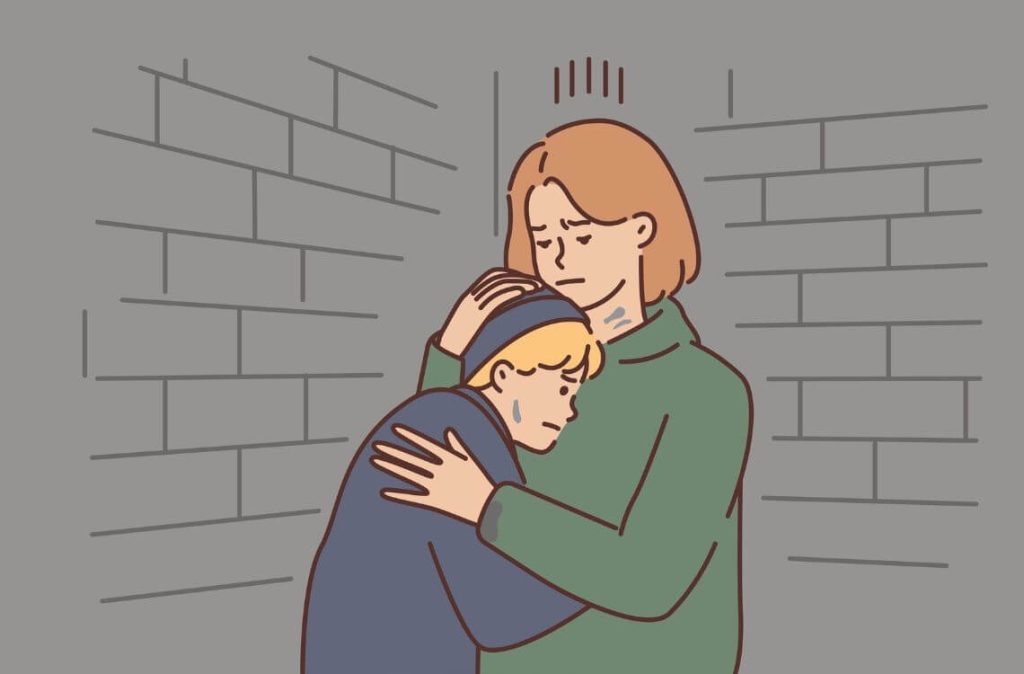If you’ve been on the Internet the past few days, you must have heard about the devastating war between Israel and Palestine.
This war has been going on for decades and it’s been spreading widely on the Internet.
That would mean that your children who get Internet access might have also seen the devastating news in some way.
This war and the images posted online can be traumatising to anyone, especially kids who don’t have a proper grasp on what’s happening.
How to Talk About War with Kids
Jamie Howard, a psychologist, mentioned that children under the age of 10 should be protected from this topic.
This is because it can be too much for their development to make sense of.
Jamie continued to suggest that you can ask open-ended questions with kids older than 10.
The psychologist recommended that you should start small and not delve into the details too much.
With teenagers, the conversation might sound a bit different as they already have at least some information regarding the subject.
They are likely already exposed to it due to social media, with many influencers posting about it.
Jamie suggested that you be more direct with them and ask them how they feel about the topic.
What you can also do to help the family is to collectively take time off social media and the Internet for a few days.
If kids start asking more questions about the war, it’s okay for you to admit that you don’t know the exact details.
If you want to discuss it even further, you and your child can search more about it and do a follow-up.
How Exposure to News About War Affect Children
Evergreen Psychotherapy Center shared how traumatising and violent media affect kids and their behaviour.
These include:
1. Aggression
Children learn through imitating the actions of others, especially adults.
As they watch violent acts throughout the media, from either the television or phones, they’re prone to imitating what they see.
2. Desensitisation
Children who witness media violence, including the war, can become desensitised.
This means that they are less shocked by violence and less sensitive to the pain and suffering of others.
They’re also less likely to show empathy for victims of violence.
3. Fear
Both children and adults can become anxious, and some can even develop into trauma from the violence they witness.
4. Negative Messages
The violence they’re exposed to might also give children the wrong messages.
They might think that violence is an acceptable solution to problems.
Help When You Can
With this devastating war going on, the best thing you can do is get the information right and support it when you can.
Reassure your kids that they’re okay and safe in case they develop any fear from the news.
You should also make sure that you’re fine and mentally prepared to talk to kids about this issue.
Let’s all pray and hope for safety and peace for the people of Palestine and the world.
Disclaimer: The information provided in this article is for informational purposes only and should not be considered as medical advice from Motherhood. For any health-related concerns, it is advisable to consult with a qualified healthcare professional or medical practitioner.
For more insightful stories and fun recipes, stay tuned to Motherhood Story!
